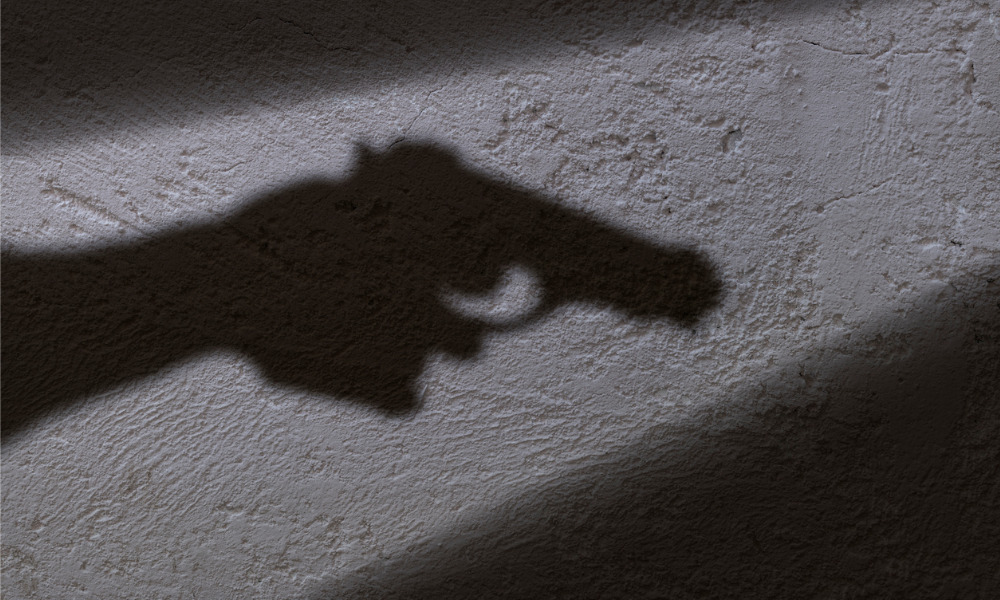
Police argued that the devices contained material that was "highly relevant" to the ongoing investigation

The NSW Supreme Court has ordered police to return to Sydney criminal lawyer Mahmoud Abbas his work laptop and phone following their seizure by NSW police, reported news.com.au.
The gadgets were confiscated for an investigation into a shooting incident that resulted in Abbas being wounded outside his Greenacre residence. Abbas had applied to the court for the return of the gadgets, which he claimed were necessary to run his practice, Abbas Jacobs Lawyers.
Justice Ian Harrison ruled in Abbas’ favour after finding that he was not being investigated in relation to the shooting; nonetheless, the justice conceded that Abbas’ devices could contain information relevant to the investigation and granted the police until 4:00pm on 16 August to retrieve data from the lawyer’s gadgets.
According to news.com.au, the shooting being investigated took place on 26 July. Abbas, who is known for representing personalities such as former Auburn deputy mayor Salim Mehajer and ex-NRL player Jamil Hopoate, was shot as he was about to board his vehicle, injuring his torso and right leg. Abbas contacted emergency services on making it back to his home and was rushed to the hospital to undergo surgery.
Eyewitnesses said that they heard three shots being fired, and in the ensuing investigation, police seized Abbas’ work laptop and other electronic gadgets.
In a hearing held earlier this month, Abbas’s lawyer Ertunc Ozen SC told the court that Abbas’ laptop contained “electronic records and file notes” from his work with clients. He also pointed out that Abbas possessed the right to his own property.
“The information relevant to the efficient conduct of those defences and in procedural matters is contained on a laptop, the contacts are contained on Mr Abbas’ phone, and the communications with clients are contained on both,” Ozen said in a statement published by news.com.au.
Nicholas Regener, who represented the police commissioner, told the court that the police was not done reviewing the devices. In their argument to keep the gadgets, police claimed that Abbas could continue to operate his practice by downloading his files off his phone and laptop.
Regener recommended that Abbas purchase new devices and transfer the data onto them instead. However, Ozen said in a statement published by news.com.au that it was an “impossible proposition” given that opening a single file took over an hour.
9News reported that in a subsequent court proceeding that took place on 16 August, police told the court that they were following up on new leads in the investigation. Abbas was asked to review certain data on his phone involving individuals of interest by 21 August. Solicitor Tracey Randall, who acted for Abbas, requested an additional two days for her client to review the necessary information.
Harrison chose not to issue any orders but asked the legal representation for both parties to try and resolve the issue out of court; in the event that an agreement is not reached, the matter will revert to the judge on Wednesday afternoon.